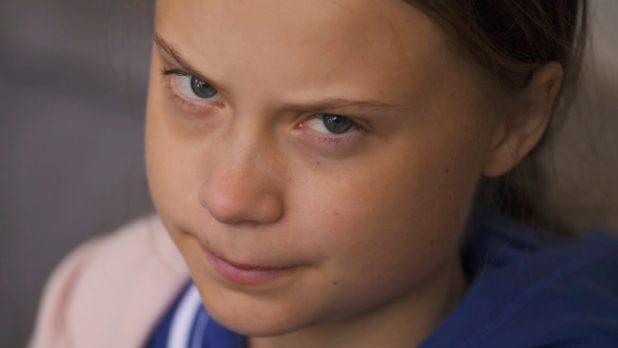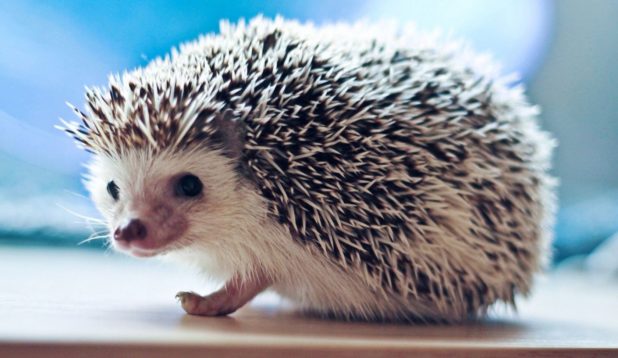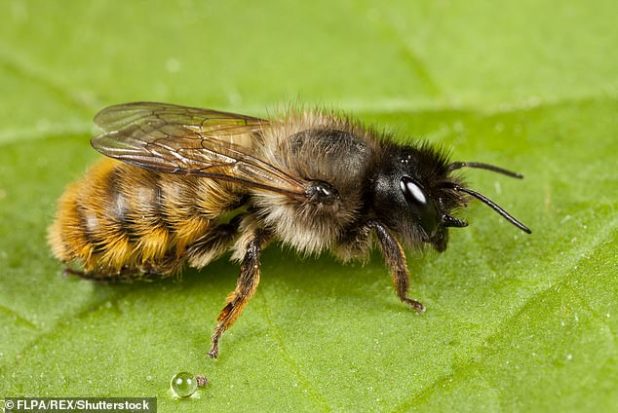Pomidor Quixote
Daily Stormer
November 13, 2019
The headline could actually be BREAKING NEWS: Widespread Substances Meant to Kill Bugs Have Killed Lots of Bugs.
I mean… this is shocking. No one could have predicted this.
Approximately half of all insects have been lost since 1970 due to the heavy use of pesticides, which could spell disaster for all life on Earth, a new report suggests.
Conservationists have called for action to be taken to halt the ‘unnoticed insect apocalypse’ in order to prevent a ‘catastrophic collapse of nature’s ecosystems’.
Leading ecologists at the University of Sussex, who carried out the report for the Wildlife Trusts, revealed that 40 per cent of the one million known insect species are now nearing extinction.
The use of pesticides, which has doubled over the last 25 years, has seen 23 species of bees and wasps go extinct.
Without insects, a multitude of birds, bats, reptiles, amphibians, small mammals and fish would disappear, for they would have nothing to eat.
Eighty-seven percent, almost all plants require animal pollination, most of it delivered by insects – meaning the global human population could not be fed without insect pollination.
Put in financial terms the ‘service’ insects deliver to humans by pollinating their crops is worth between £183 billion ($235 billion) and £449 billion ($577 billion) per year worldwide, the study estimates.
The study details how insect populations could be rescued if the agriculture industry stopped the use of all pesticides, routine and unnecessary.
Humans must also foster environments around them to become insect friendly by utilising unused spaces such as road verges, claims the study.
Professor Dave Goulson, at the University of Sussex, UK, who wrote the report said: ‘We can’t be sure, but in terms of numbers, we may have lost 50 per cent or more of our insects since 1970 – it could be much more.
‘We just don’t know, which is scary. If we don’t stop the decline of our insects there will be profound consequences for all life on earth [and] for human wellbeing.’
He states we cannot wait for future research to spell out the catastrophic decline and must act now.
We must act now, you say?
Greta Thunberg looks like Ben Shapiro.
I know just the right fetal alcohol syndrome specimen for the job.
Although the insect decline may not be immediately obvious to humans Professor Goulson writes: ‘The only aspect of insect declines that has impinged on the consciousness of significant numbers of people has become known as the “windshield phenomenon”.
‘Almost everybody over the age of about 50 years old can remember a time when any long-distance drive in summer resulted in a windscreen so splattered with dead insects that it was necessary to stop occasionally to scrub them off.
‘Driving country lanes at night in high summer would reveal a blizzard of moths in the headlights.
‘Today, drivers in Western Europe and North America are freed from the chore of washing their windscreen. It seems unlikely that this can be entirely explained by the improved aerodynamics of modern vehicles.’
Keep in mind that pesticides and other bug-killing poisons are also harmful to humans, but the effects are not immediately seen, mostly due to the differences in body size and exposure levels.
There’s a long-term cumulative effect, but as with many other silent, slow poisons, the blame for negative health consequences is hard to place.
Species of animal who rely on the presence of flying insects for food have also struggled, such as the spotted flycatcher bird, whose populations have drastically fallen by 93 per cent since 1967.
He states that today’s children will grow up in a world with fewer birds, flowers and insects than we have now – and will be told of a time when hedgehogs were once common.
You don’t want hedgehogs to die, do you?
“Do it for me, human. Save Earth.”
I’m more interested in keeping bees alive though. No hedgehog ever defended the American border with the dedication and valor of bees.
This is a far more serious issue than the weather. Greta Thunberg should start a Save The Bees campaign demanding that we switch our farming approach to one friendlier to life and health.
But talking about farming approaches would inevitably bring up the “but how do we feed these many niggers though?” subject, and that may result in people realizing that maybe feeding billions and billions of ever-reproducing blacks isn’t a good idea.
Touchy subject.





